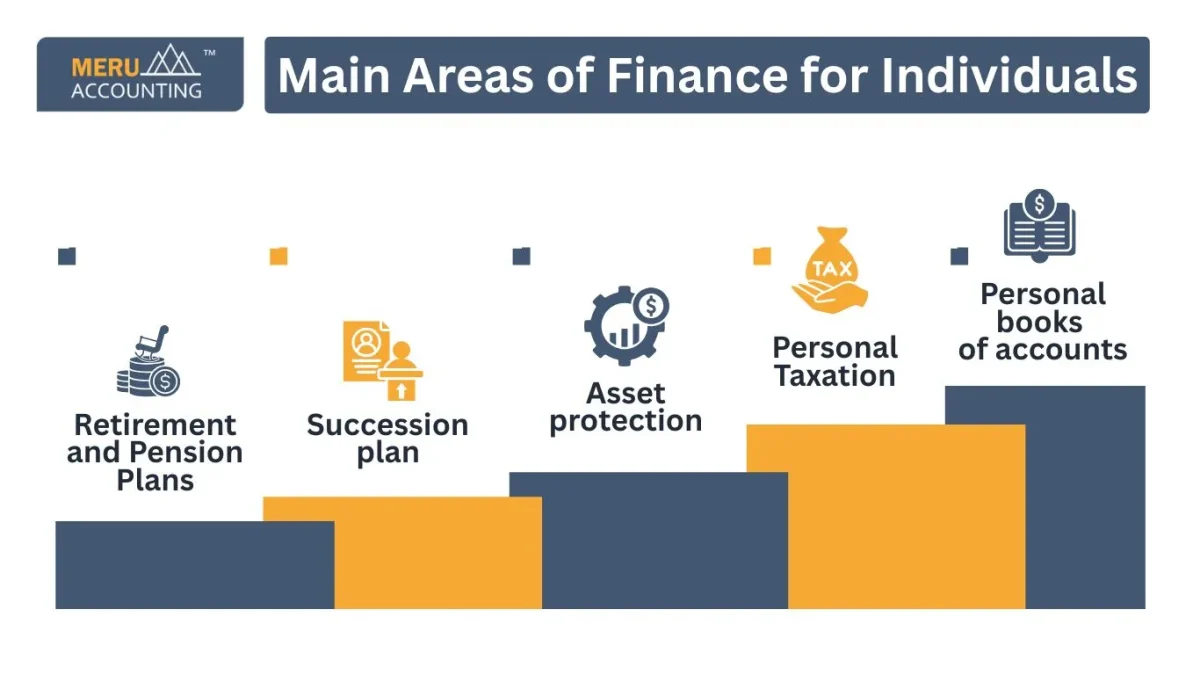
- ABOUT US
- Who We are
- Testimonial
- Why Meru Accounting?
- Core Values
- OUR SERVICES
- Bookkeeping Service
- Tax Return Services For Business Owners
- Cloud Addons Integration
- Backlog Cleanup Service
- CPA firms
- Payroll management
- CFO-services
- Company Set up Services
- Move To Digital
- Power BI Reporting for Financials
- Receivables Management
- Tax Services
- Bookkeeping for CPA’s
- Dedicated staff
- Odoo Development/Customization and Bookkeeping
- Payables Accounting
- Convert to Xero
- Valuation Services
- Grow your Business
- Power BI and Google looker studio reporting
- SOFTWARE SPECIALIZATION
- Xero
- odoo Development/customization & Bookkeeping
- Sage
- Wave
- Net Suite
- Clear Books
- Zoho Books
- Accountmate
- BillQuick
- Saasu
- FreshBooks
- Sage Intacct
- Yendo
- Oneup
- Deskera
- ZipBooks
- INDUSTRIES EXPERTISE
- Education
- Construction
- Franchise
- Gems & Jewellery Exporters
- Lawyers
- IT Sector
- Mining
- Manufacturing
- Pharma
- Non-Profit
- Physician
- Amazon Sellers
- Aged-Care
- Advertising
- Farming
- Transporatation
- Rental
- Power & Infrastructure
- Travel & Tourism
- Trading Firms
- Wholesale
- Antique Stores Industry
- Grocery stores
- VIRTUAL ASSISTANT
- Virtual Assistant for Real Estate
- Virtual Assistant for Digital Marketing
- Virtual Assistant for E-commerce Business
- Case Study on Web Scrapping
- careers
- Current Openings
- RESOURCES
- Blogs
- EMI Calculator
- Compound Interest Calculator
- Whitepapers
- E-BOOK
- Manuals
- SIP Calculator
- Business Entity Selector
- Generate free management report
- Case Studies
- Video Channel

- ABOUT US
- Who We are
- Testimonial
- Why Meru Accounting?
- Core Values
- OUR SERVICES
- Bookkeeping Service
- Tax Return Services For Business Owners
- Cloud Addons Integration
- Backlog Cleanup Service
- CPA firms
- Payroll management
- CFO-services
- Company Set up Services
- Move To Digital
- Power BI Reporting for Financials
- Receivables Management
- Tax Services
- Bookkeeping for CPA’s
- Dedicated staff
- Odoo Development/Customization and Bookkeeping
- Payables Accounting
- Convert to Xero
- Valuation Services
- Grow your Business
- Power BI and Google looker studio reporting
- SOFTWARE SPECIALIZATION
- Xero
- odoo Development/customization & Bookkeeping
- Sage
- Wave
- Net Suite
- Clear Books
- Zoho Books
- Accountmate
- BillQuick
- Saasu
- FreshBooks
- Sage Intacct
- Yendo
- Oneup
- Deskera
- ZipBooks
- INDUSTRIES EXPERTISE
- Education
- Construction
- Franchise
- Gems & Jewellery Exporters
- Lawyers
- IT Sector
- Mining
- Manufacturing
- Pharma
- Non-Profit
- Physician
- Amazon Sellers
- Aged-Care
- Advertising
- Farming
- Transporatation
- Rental
- Power & Infrastructure
- Travel & Tourism
- Trading Firms
- Wholesale
- Antique Stores Industry
- Grocery stores
- VIRTUAL ASSISTANT
- Virtual Assistant for Real Estate
- Virtual Assistant for Digital Marketing
- Virtual Assistant for E-commerce Business
- Case Study on Web Scrapping
- careers
- Current Openings
- RESOURCES
- Blogs
- EMI Calculator
- Compound Interest Calculator
- Whitepapers
- E-BOOK
- Manuals
- SIP Calculator
- Business Entity Selector
- Generate free management report
- Case Studies
- Video Channel
Home » Wave » Accounting & Bookkeeping » Key Areas of Finance for Individual
Key Areas of Finance for Individuals
Table of Contents
ToggleFinance for individuals is a crucial part of everyday life. It helps people manage their money, plan for the future, and reach financial goals. Understanding the main areas of finance can improve your money management skills. This guide explains the key areas of finance for individuals in simple points.
Individual finance, also known as personal finance, encompasses management techniques based on financial principles applicable to individual or family unit financial activities. This financial regulation helps to manage money, budget, savings and expenditure. It also takes into account future risks and life events that involve financial matters. Thus, certain key financial areas need to be explored that help to provide financial freedom for a lifetime.
What is Finance for Individuals?
Finance for individuals means managing money in a smart way. It includes how people earn, spend, save, invest, and keep their money safe. Knowing these areas helps people make good choices and avoid money troubles.
Good money skills help you build wealth and keep your future safe. It shows you how to plan for big costs and surprise bills. Learning about finance gives you more control and peace of mind.
Main Areas of Finance for Individuals
Here are the main areas of finance that individuals should know about:
Personal books of accounts:
These personal account books must be kept to record the ledger accounts in the finance system. They include two separate ledgers that show total debits and total credits. This helps track every account well.
Nominal ledger accounts use double entry, while journals or daybooks handle a small number of transactions. The data from ledger accounts is used to make the trial balance.

Personal Taxation:
This is a type of direct tax on a person’s income. It applies to individuals, partnerships, known legal bodies, and undivided estates. It involves figuring out the tax due, filing a tax return, and paying taxes each year. Taxable income must be checked with care. Proper math helps the taxpayer reduce taxes by using allowed deductions and claims. These steps help set fair tax rates and exemptions for everyone.
Retirement and Pension Plans
Both plans aim to give financial security and keep life steady. They help you live well without cutting your standard of living, even with high costs and rising prices. These savings plans pay for both planned and sudden costs after you retire. Pension and retirement plans guide you to keep your income safe after work.
Guaranteed pension plans let you choose your retirement age and how much you want to pay. The money you pay builds up to a sum you get at retirement. You can decide how long to make payments.
Retirement plan projects towards buying an annuity plan for a lifetime policyholder who receives a guaranteed income for life. You may like to read Tax Strategies to optimize your taxes for US-based businesses. As per the need, the account holder can avail of an immediate or a deferred annuity. Depending on the income that the policyholder wishes to receive on retirement, the purchase price can be set.
Asset protection
Deals with planning for protecting individual assets and business entities owing to significant assets. Certain factors have to be considered for availing asset protection to apply the desired debtor-creditor law. The identity of the debtor and the liable aspects. Nature of claim and assets, and the creditor’s identity
Succession plan
You need to plan for new members or leaders to take over if the old person leaves, retires, or passes away. This helps keep control of money safe.
To protect personal financial rights, you should move credit guarantees to family or next in line. This also helps build good credit for the future.
Why Understanding Areas of Finance is Important
- Understanding the areas of finance helps you avoid many money problems. It lets you make smart choices that stop trouble with cash.
- It helps you learn how to budget, save, and invest your money well. With these skills, you can control your money better.
- Knowing these areas helps you set clear goals for your money. You can then take steps to reach those goals.
- It lowers stress about money because you feel sure when you handle your cash. Knowing finance brings peace in hard times.
- Understanding finance helps you build a safe money future. It helps you plan for emergencies and for later in life. This makes your life more secure.
Tips for Managing Personal Finance
- Track your income and expenses often to see where your money goes. This helps you find waste and make changes.
- Follow your budget well to avoid spending too much. A good budget keeps your money balanced.
- Save money first before you spend. Set aside some income as soon as you get paid to help your savings grow.
- Avoid debts you don’t need. Too much debt can hurt your future. Borrow only what you can pay back.
- Invest smartly and learn about different ways to grow your money. Spreading your investments lowers risk and may raise returns.
- Check your money plan often to change it as your income or goals change. This keeps your plan working well.
- Plan for emergencies and for life after work. Good plans protect you from surprise costs and help you live well later.
- Use insurance to keep your things safe and cut money risks from accidents or harm. Insurance is a safety net for hard times.
Common Mistakes in Personal Finance
- Not making a budget or tracking expenses can lead to spending too much. Without a clear plan, managing money gets hard.
- Spending more than you earn can cause debt and money problems. It’s important to live within your income.
- Not saving or investing means you miss chances to grow your money over time. Small, regular savings help build wealth.
- Using too much credit can lead to high debt and hurt your credit score. Always use credit cards and loans carefully.
- Waiting too long to plan for retirement means you will have less money later. Start early to make sure your future is safe.
- Not having enough insurance can cause big money loss if something goes wrong. Good insurance protects you and your family.
Finance for individuals covers many key areas like income, budgeting, saving, investing, debt, insurance, retirement, and taxes. Knowing these areas helps you manage money well and build a strong future. Focus on learning and using these areas of finance in your life. At Meru Accounting, we help people with these important money topics. We give clear advice and easy solutions. Our skilled team helps you stay on track with your money goals. We make finance simple and easy to handle.
FAQs
- What is finance for individuals?
It is managing personal money, including earning, spending, saving, and investing. - Why is budgeting important?
Budgeting helps control spending and saves money for important goals. - How can I start saving?
Start small, save regularly, and keep money in safe accounts. - What is debt management?
It means controlling loans and credit to avoid financial trouble. - Why is insurance important?
Insurance protects you from big financial losses due to emergencies. - When should I start retirement planning?
Start as early as possible for better financial security later. - How does tax planning help?
It reduces taxes legally and increases savings.










































































